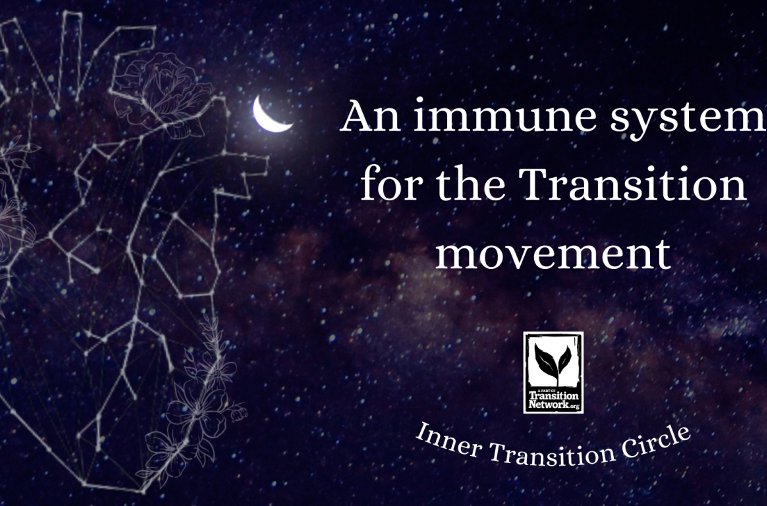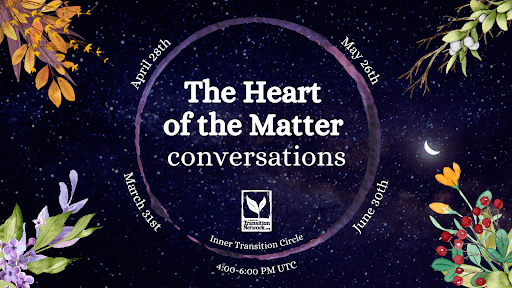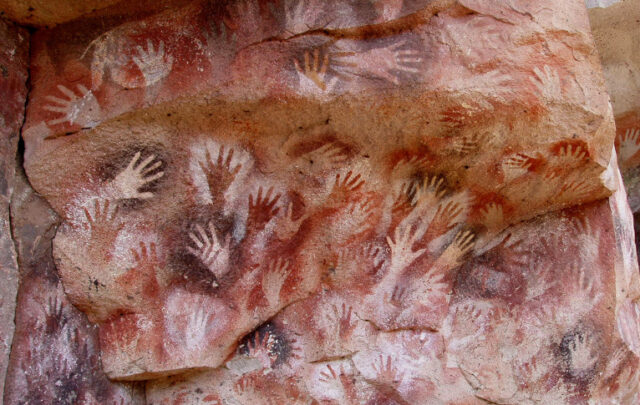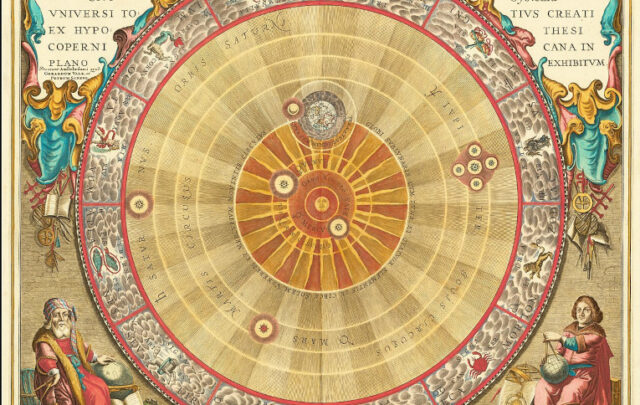What changes to ourselves, our groups and wider society would help us to build new systems? Systems that can deliver fundamentally different outcomes to the one that has given us climate change and the many other environmental and social issues that we are struggling with globally.
The devastating issues we are facing are not inevitable. They are the outcomes of a particular way of being human – a way of being that many of us perpetuate without even noticing.
Attitudes and cultural habits learned growing up in the global north (and by many in the countries it has colonised, or in others similarly stuck in a mindset of domination), live, often unnoticed, inside each of us, between us, in our social structures and processes. These habits enable some to ignore patterns of hierarchy, to ‘unsee’ a mindset of domination, of power over – while those born with less privilege struggle with impacts and barriers that damage their ability to live well. From early infancy, through school and into higher education or work, those growing up in dominating cultures are taught our place in this system in a multitude of subtle – and not so subtle – ways.
In general, the more privilege we have within systems of domination, the less we notice its impacts. The reason the climate movement in the global north has tended to be so white and middle-class is that for many of us in these groups this is the first time an impact of this system has consciously affected us. Those of us in other groups have spent our lives dealing with its damaging impacts – and are often already engaged elsewhere in taking action on issues like poverty and racism.
A system that values some people over others is traumatising to live in whether we are valued or undervalued within it – albeit with added cushioning for those who are valued. Much of this trauma hides in our unconscious and in the social structures we’ve inherited. Unprocessed, it does what trauma does – repeats endlessly, looking for opportunities for healing that we (most often) don’t notice or know how to make use of.
Much of our personal, social and cultural experience lives in the unconscious, whether that is in our bodies, or in the social processes and structures that are the practical manifestations of our unprocessed collective history. As the founder of psychoanalysis, Sigmund Freud observed: that which we can’t remember we will repeat: this is as true on the social as on the personal level. We need to wake up to this depth, complexity and nuance and give ourselves time to take it in and fully understand it. There are a wide range of approaches we can use to start healing at all these levels and to take the crucial steps towards the confidence that we are creating a different way of being in the world. One that is sound and that will give us genuinely different results over the long term.
In our groups and communities, we need to create practical ways to consciously resist habits of status and stratification, of prioritising certain kinds of people and ways of being over others, of hiding our full selves to fit in. And we need to find ways that support us to do things differently. This practice of awareness, resistance and (re)discovery of new possibilities is deeply personal and deeply political. And it is just as important as the practical projects we’re building within our communities.
It can feel uncomfortable when things that we’ve been taught to unquestioningly accept are challenged. It can confront us with a great deal of uncertainty, with painful feelings we’d rather keep hidden away – not least that most painful hope that healing might be possible. And when we’re uncomfortable we can make excuses – writing off this seemingly softer side of the work as unimportant, too time consuming or self-indulgent. But without it, we inevitably create processes and structures which end up repeating the very systems we need to change. This work of decolonising ourselves and our processes is core to the change we want to see in the world, and it needs to lead how we do what we do every step of the way.
Our approach to disagreement and conflict is one key place where we need to understand the underlying mindset we’ve grown up with. Then we can find ways to shift it towards one that enables us to be more human with ourselves and others.
In cultures that have been impacted by colonisation, whether as coloniser or colonised, conflict tends to mean that we want to make some people right and some wrong. There’s more emphasis on judgement than on listening, more on punishment than on learning. It’s not surprising that many of us find it scary and shy away from it, often keeping quiet about things that are bothering us until they are pushed to the surface as explosive outbursts or internalised until they make us unwell. While it’s true that we all behave in ways we later regret, taking responsibility, exploring the underlying reasons, healing past hurts all tend to be better – and more illuminating – ways to handle the conflicts we are in. This can lead to massive learning, better connection with and understanding of ourselves and others, which is what a transformative approach to conflict is aiming for.
Conflict Transformation Programme
There’s a lot of unlearning – and a lot of finding out what works better to be done. The Conflict Transformation Programme (CTP) of the Inner Transition Circle, one of the distributed circles of the Transition Hubs group, was set up to look at how we can transform how we deal with conflict across our movement.
Conflict is a given in all of our relationships, groups and movements. The CTP is looking at how the Transition movement can address conflict in ways that support us to build healthy systems and group cultures that are less likely to trigger conflict in the first place. And when it crops up, to use it to learn and grow – not splinter and collapse – as is all too often the case!
The wider approach of the CTP includes several elements which can be tailored to the situation and needs of the individuals involved. We will begin by drawing together and improving access to resources that already exist both within and beyond the Transition movement, and will go on to develop innovative approaches over time. These resources include:
- Humhub, the online platform being developed to support international collaboration across the Transition movement. We already have a Heart of the Matter page within Humhub (which you can register to join) and look forward to developing it as a place where:
- we can signpost to the resources above
- anyone who needs it can ask for support
- immune system team members can share resources and thinking etc.
- Videos from the Coming Down To Earth summit. These are currently available in English and we will develop a guide for easy access, and work on translations.
- Inner resilience materials which are already on the Transition Network website but need guidance and translation to make them fully accessible. They cover a wide range of elements including how to create healthy processes with our groups and how to navigate tensions and disagreements in ways that can help resolve them before they escalate into larger conflicts.
- The Inner MOOC (Massive Open Online Course): an amazing online resource (available here in French) which was developed by Réseau Transition (Transition Belgium) and which is in the process of being translated into English – and hopefully other languages over time.
- Direct support from members of the ‘Immune System Team’ (see below for more on this) who can offer support to groups within their language group and cultural resonance.
Developing the Immune System Team
Although working to develop healthier group culture is essential, it’s also clear that sometimes conflicts become very hard to deal with. In these situations, it can be incredibly helpful to be able to call on trusted people outside the group for help. We aim to develop a network of these skilled people across the movement.
Acknowledging the skill, trust and vulnerability that is needed to dive safely into tensions and conflicts in our relationships and group collaborations, practitioners will be chosen and supported with care. All aspects of this process need to be thorough and transparent to ensure that it is seen as a trustworthy and legitimate process by the wider movement.
Join us at a Heart of the Matter conversation
One of the strands we are working on and will be weaving together over the coming months is called ‘The Heart of the Matter’. This is a series of conversations open to anyone within the Transition movement and beyond who is interested in exploring cultural assumptions that conflict is something to be feared or rejected, solved by taking the ‘bad element’ out of the system, or that it can just be ‘fixed’ from the outside.
Using video, sharing useful nuggets of information or practice, working with council circles and a range of other experiential formats, these sessions aim to support and develop an understanding that every one of us has a responsibility to grow our perspective, grounded presence and skill with the issues that underlie our conflicts.
If you’d like to attend one or more of the Heart of the Matter conversations, you can sign up using the links below. All the sessions run 4-6pm UTC. Sessions are currently running in English, but we are planning to have sessions in Spanish as soon as possible and over time will work to offer them in multiple languages.
Timezones alert! Over the course of the series some international time zones will change by 1 hour. The sessions will always run from 4pm-6pm (UTC) and you can check the time where you are here.
We look forward to seeing you there! Anyone with an interest is also very welcome to join the Heart of the Matter Humhub space.






